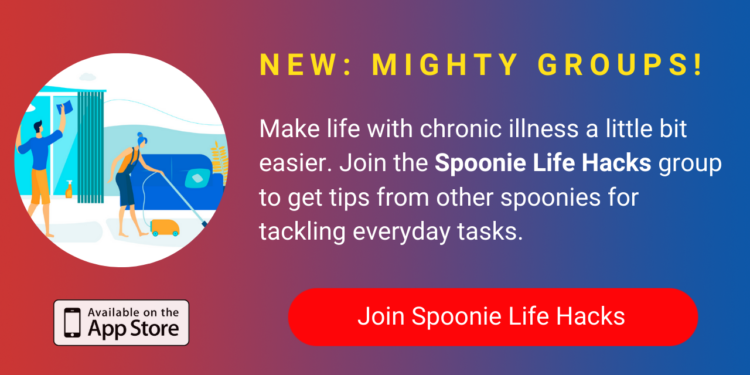When my nephrologist told me I had chronic kidney disease (CKD), I immediately went out and bought every book on the topic I could find. I wanted to know what I had ahead of me.
CKD has some nasty symptoms that get worse as you progress from stage to stage – insomnia, fatigue, fluid retention, swollen limbs, nausea, anemia, loss of appetite, the list goes on. I’ve already experienced all of these. For me personally, fatigue has been the worst physical symptom. Some days I can barely get out of bed.
Something I wasn’t as prepared for was how CKD has affected my mental health. I certainly didn’t expect memory loss, for example, which is what many patients also refer to as brain fog. It’s not like I can’t remember my name or my address, but I’ve noticed a lot of little things.
The other day, my friend asked for my cell phone number and I couldn’t remember the last digit. Frequently, when my husband asks me to do something, I’ll have forgotten the request a minute later. Or, I’ll completely zone out in the middle of a conversation. To say I feel “foggy” is sometimes an understatement.
I was terrified at first. I felt like I was losing my mind. It’s definitely put a strain on my relationships, as often people tell me it feels like I am not paying attention to them.
In reality, I am struggling to stay focused, but there is so much getting in my way that it’s genuinely not always possible. With kidney disease the body isn’t properly filtering out toxins. Over time, this can affect brain function. Since the decline from this disease is a spiraling slow burn, I really can’t pinpoint the day I switched into brain fog territory, and I can’t predict when I’ll have the mental clarity to focus again.
It’s been frustrating to say the least. You can read a thousand books, but nothing prepares you for the experience of your health declining right before your eyes. The emotional toll this has taken on top of symptoms that are actually affecting my mental state, isn’t written about enough. But if it was, I still don’t know if I’d be fully prepared or accepting of this.
Depression is a common experience for people battling chronic illness. I’ve definitely noticed that I don’t have the sense of humor I once had. I get my feelings hurt easily. I can also have mood swings. One moment I’ll be fine, then the next I feel unsettled and anxious. Ordinary things like TV commercials or songs on the radio can make me unexpectedly start crying. My emotions are all over the place.
This is not unusual though. I recently reached out to other kidney transplant patients on a group thread and asked them whether they experienced these kinds of ups and downs. Almost everyone had a story like mine. The one thing practically everyone said was that this was like being on an emotional roller coaster.
If you have a chronic illness and are experiencing mood swings and other changes to your mental state, be gentle with yourself. If your partner feels like you’ve changed and can’t seem to understand why you are extra sensitive these days, go easy on yourself. Don’t judge yourself for what you are going through and try to not judge their inability to really comprehend it. These changes aren’t your fault, or theirs.
Memory loss is disorienting. It’s been one of the more frightening aspects of battling CKD. Knowing you are not alone and honoring the mental and emotional challenges chronic illness brings can help. It has certainly helped me.
My husband and friends have become more patient with me as they see how I struggle with this. I know they may never go through what I go through, but knowing I have people who cut me a break on my down days helps me give myself a break as well. It’s definitely not a textbook solution to handling CKD, but it’s one of the many things I’m learning to accept about this journey. Some days you may have to put off that meeting because you just don’t feel strong enough. Some days you may need to give yourself an extra hour or two of sleep. Some days you may have to admit this is the best I can do today and that’s OK. Whether you have support or not, it’s imperative that you support yourself by being kind to your body, as well as your mind. And know that it’s OK to not be OK, especially when you are struggling with a chronic illness.
You can find me at www.kidney4bo.com or on Facebook and Instagram at @kidney4bo.
Image via contributor: Bo and Paul at the Beach © Kidney4Bo


